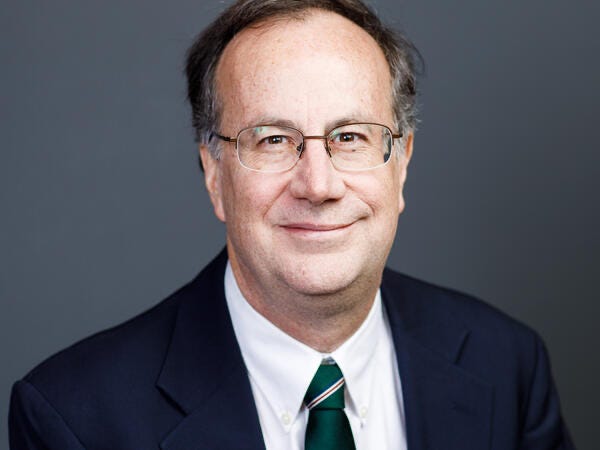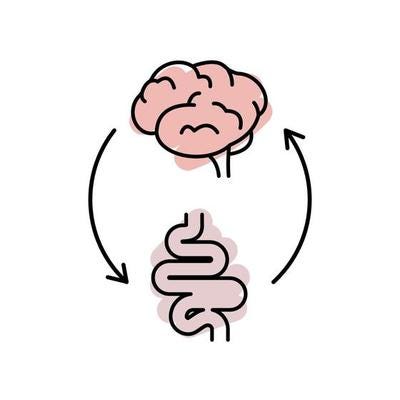I’ve written before about trying to find the heroes in the medical profession and those who are out there helping. Not the ones selling supplements or testifying in front of Congress (I’m not necessarily bagging on them - we need them, too), but the ones that have been on the front lines without recognition for many years, not just starting in 2020. The ones who have had to survive the slings and arrows of their professions for decades simply because they could see the problems being created and couldn’t stand by and do nothing.
One of those heroes is James B. Adams of Arizona State University. Professor Adams is a gracious person who has spent his career hunting for answers to the suffering of our children.
I’ve been following his work for a long time because he has been leading some research into the gut and microbiome of autistic children and adults, and has been running studies on what he calls Microbiota Transfer Therapy. (Think a much less gross version of fecal transplants.)
This therapy takes the gut flora of a healthy person and attempts to recolonize the gut of an autistic individual who has a history of debilitating GI problems.
Before you think, “ew,” remember that probiotics are just good bacteria. Made in a lab. To be overly simplistic, this treatment represents good bacteria actually cultivated in a healthy person, making it God’s lab, and therefore vastly superior to and more effective than the man-made lab stuff, and transferring it to another person.
At least half of all autistic individuals suffer chronic GI conditions (and it’s likely higher, these are just the acute cases). There’s plenty of evidence for the gut-brain connection, so it follows that an unhealthy or damaged gut has an impact on the health of pretty much everything else.
Recently, I sat in on a webinar where Professor Adams talked about launching a phase II-b study for his MTT. I got L on his waiting list a few years ago for the original phase II study, and followed the proceedings as closely as I could.
The results of these studies are just phenomenal. And life-changing. We’re talking a one-time process that results in continued healing over the following years.
Every time I think about it, I thank God for people like Professor Adams.
Professor Adams’ research group has had challenges getting the funding to do the studies the FDA requires. He has managed to crowd-fund this latest study, and found a few donors to help get the next study going, as well. He has to tackle funding for a phase III, which will be even higher, and it’s going to be a monumental task.
In the webinar, we were able to ask questions about the process and next steps for the treatment. Understandably, many of us in the autism community are anxiously waiting for this to be made available to more kids, and most of us would happily pay anything we needed to pay to do it.
During this Q&A, someone asked him why he wasn’t able to get government funding for his work. Couldn’t he get grants from the Gates Foundation or the NIH?
Imagine my face. It’s a good thing we were all muted, because I laughed. Out loud.
Professor Adams answered this question patiently, but said that the FDA and these big organizations are uninterested in therapies that are a “one and done” kind of thing. The kinds of therapies that trigger actual healing. The kinds of things that don’t make a lot of money because they are not recurring. The kinds of things that rescue you from the grasping maw of the pharmaceutical and medical industrial complex.
He may have said it nicer than that, but that’s the gist.
Someone also asked him if he had petitioned the FDA for “compassionate care” availability–meaning, allowing people to access the treatment on a case-by-case basis before final approval–since he had studies to prove no harm. He said his request for allowing compassionate care access had been denied.
Denied.
Of course it was. I was not surprised by that little tidbit, either.
The moral of this story is, the fact that there are Professor James Adamses in the world makes it slightly easier for me to sleep at night, because I know there are good people out there doing the thankless and tiring work of fighting for our kids. But learning that our government agencies work against the people they’re supposed to care for has been a slow and painful realization. And knowing that people are not much more than dollar signs to the criminals in charge is an even worse realization.
The FDA does not care about you. They care about the pharmaceutical industry which pays them.
Never. Forget. That.





